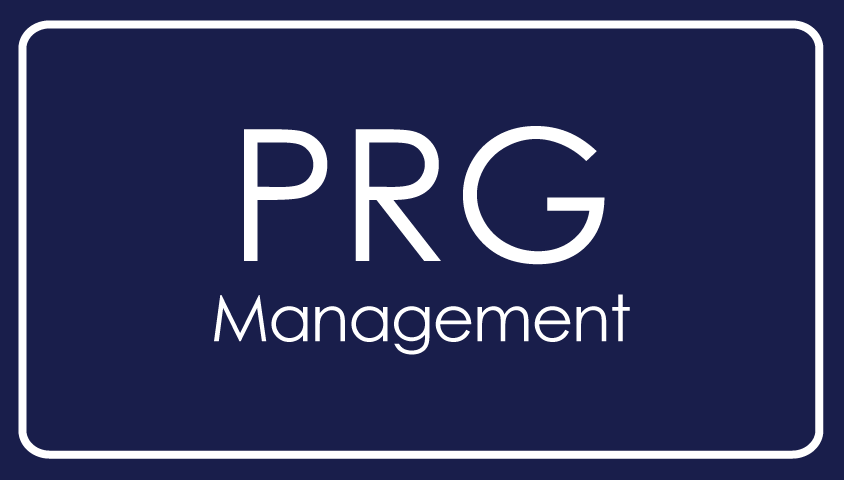Chicago winters are long and unforgiving, which is why the city enforces strict heating requirements through the Chicago Heat Ordinance. This law protects residents from unsafe living conditions while holding landlords accountable for maintaining adequate heat. Both landlords and tenants benefit from understanding the rules: landlords avoid steep fines and disputes, while tenants know their rights and what to do if those rights aren’t met.
What Landlords Need to Know
If you own or manage property in Chicago, compliance with the Chicago Heat Ordinance is non-negotiable. The Chicago Heat Ordinance rules set forth are clear:
Heat season: lasts from September 15 until June 1.
Daytime requirement (8:30 am – 10:30 pm): At least 68°F
Overnight requirement (10:30 pm – 8:30 am): At least 66°F
Habitable Spaces: in houses, apartments, hotel rooms, and indoor workspaces, heat be provided in all habitable spaces, toilet rooms, and bathrooms
How to Provide Heat: Use permanent systems such as boilers, furnaces, radiators, or heat pumps. Portable heaters, ovens, and fireplaces are not acceptable for compliance.
Two-Pipe Systems: Buildings with two-pipe heating systems may operate at a transitional minimum of 64°F during early fall and late spring as systems switch between heating and cooling.
The consequences for failing to provide heat are costly. Landlords may be fined $500 to $1,000 per day, per violation, and the city does not accept excuses for system breakdowns. Preventive maintenance and fast response times are essential.
Working with a professional Chicago property management company like PRG Management can help landlords stay ahead of inspections, schedule seasonal tune-ups, and avoid the stress of emergency repairs.
What Tenants Need to Know
For tenants, the heat ordinance provides a clear standard for comfort and safety. You are entitled to a unit that meets the city’s minimum temperature requirements throughout the entire heat season. If your apartment’s temperature falls below the mandated minimum, contact your landlord or property manager right away. If the issue isn’t resolved, call 3-1-1 to file a heat complaint, and a city inspector will investigate and, if necessary, issue violations and fines to the landlord.
Tenants should also remember:
Heat must come from a permanent heating system, not space heaters, ovens, or fireplaces.
Landlords are always responsible for providing heat; tenants cannot be required to supply it themselves.
Indoor temperature is measured three feet above the floor and three feet from exterior walls when verifying compliance.
The Chicago Heat Ordinance: Simplified
The Chicago Heat Ordinance creates a balance; landlords must maintain heat, and tenants must report issues promptly. The ultimate goal is the same for both sides: safe, comfortable, and livable housing during Chicago’s long winter. In its simplest terms, the most important things to remember for both parties are:
Landlords must maintain required indoor temperatures or face costly penalties.
Tenants have the right to safe, heated housing and clear pathways to report violations.
At PRG Management, we bridge that gap by ensuring landlords remain compliant while tenants feel supported. From proactive system checks and our 24/7 emergency hotline to transparent tenant communication, we make staying compliant with Chicago’s various tenant-related ordinances simple and effective.
If you’re a Chicago property owner who wants stress-free management or a tenant seeking a reliable property management company, PRG Management is here to help. Contact PRG Management today to keep your buildings compliant, your tenants comfortable, and your investment protected.

